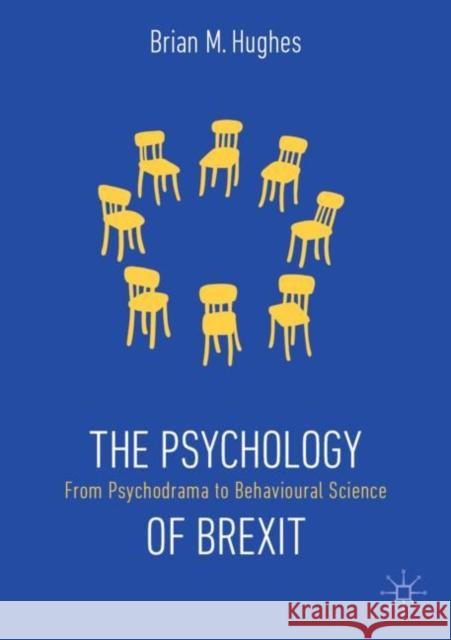The Psychology of Brexit: From Psychodrama to Behavioural Science » książka
topmenu
The Psychology of Brexit: From Psychodrama to Behavioural Science
ISBN-13: 9783030293635 / Angielski / Miękka / 2019 / 180 str.
Kategorie:
Kategorie BISAC:
Wydawca:
Palgrave MacMillan
Język:
Angielski
ISBN-13:
9783030293635
Rok wydania:
2019
Wydanie:
2019
Ilość stron:
180
Waga:
0.23 kg
Wymiary:
21.01 x 14.81 x 1.04
Oprawa:
Miękka
Wolumenów:
01
Dodatkowe informacje:
Wydanie ilustrowane











